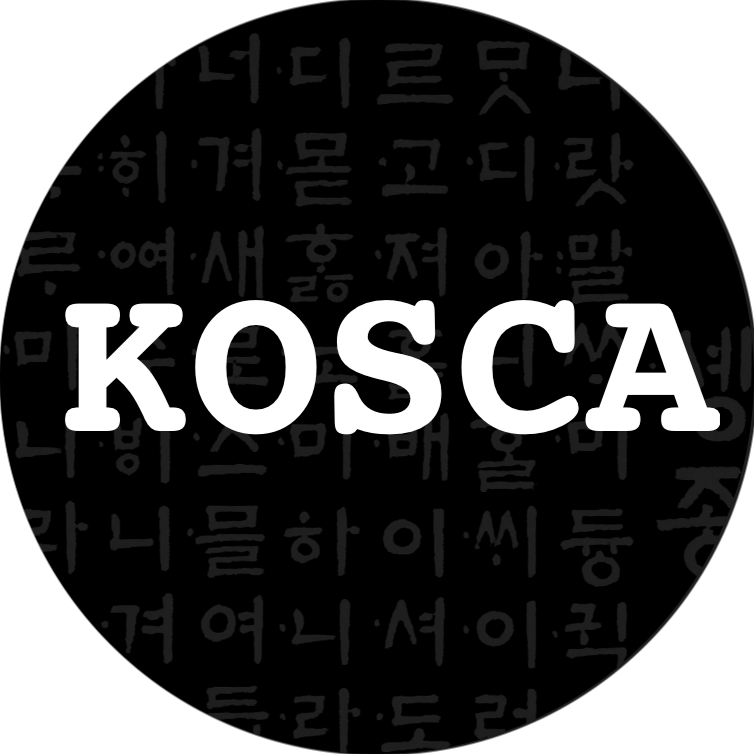Korean Syntactic Complexity Analyzer

GUI Application for Measuring Syntactic Compexity of Korean Texts
Published by Haerim Hwang
Korean syntactic complexity natural language processing python
2 min READ
The Korean Syntactic Complexity Analyzer (KOSCA) measures syntactic complexity of Korean texts.
The seven indices computed by this tool are:
(1) number of sentences,
(2) number of morphemes per sentence,
(3) number of coordinate clauses per sentence,
(4) number of relative clauses per sentence,
(5) number of subordinate conjunctive endings per sentence,
(6) number of verbs per sentence, and
(7) type frequency of particles per sentence.
- This tool has been developed using KoNLPy and Kivy.
- Find the user manual for KOSCA from here.
- Click Here for Intel-Based Mac
- You may need to CONTROL-CLICK or RIGHT-CLICK the app icon and then choose OPEN from the shortcut menu if this app is identified as one created by an unidentified developer on your device.
- You may need to CONTROL-CLICK or RIGHT-CLICK the app icon and then choose OPEN from the shortcut menu if this app is identified as one created by an unidentified developer on your device.
- Click Here for ARM-Based Mac (e.g., M1 or later model)
- You may need to CONTROL-CLICK or RIGHT-CLICK the app icon and then choose OPEN from the shortcut menu if this app is identified as one created by an unidentified developer on your device.
- Download and install JAVA (jdk-8u411-macosx-aarch64) from HERE to open KOSCA.
- Click Here for Windows
It can take 1 to 3 minutes to open the application depending on the performance of your device because it installs a few natural language processing packages.
- When you use this tool for your research, please cite:
Hwang, H., & Kim, H. (2024). Korean Syntactic Complexity Analyzer (KOSCA): An NLP tool for the analysis of syntactic complexity in second language production. Language Testing. Advance online publication. https://doi.org/10.1177/02655322231222596